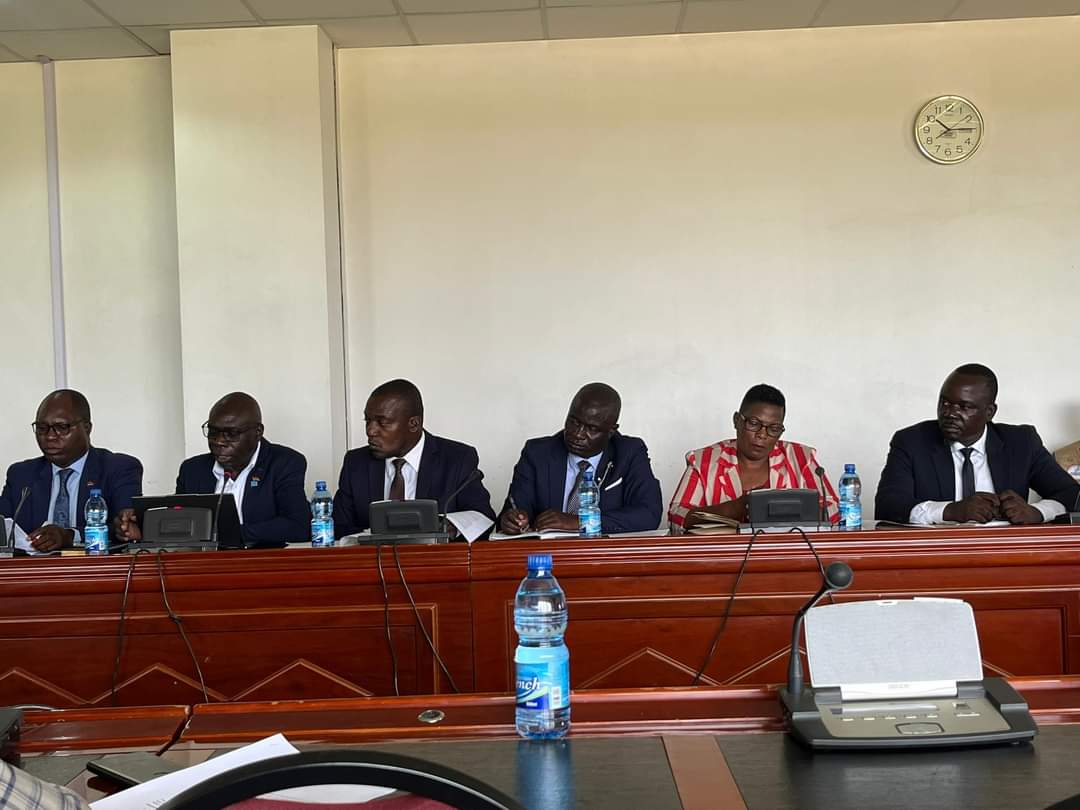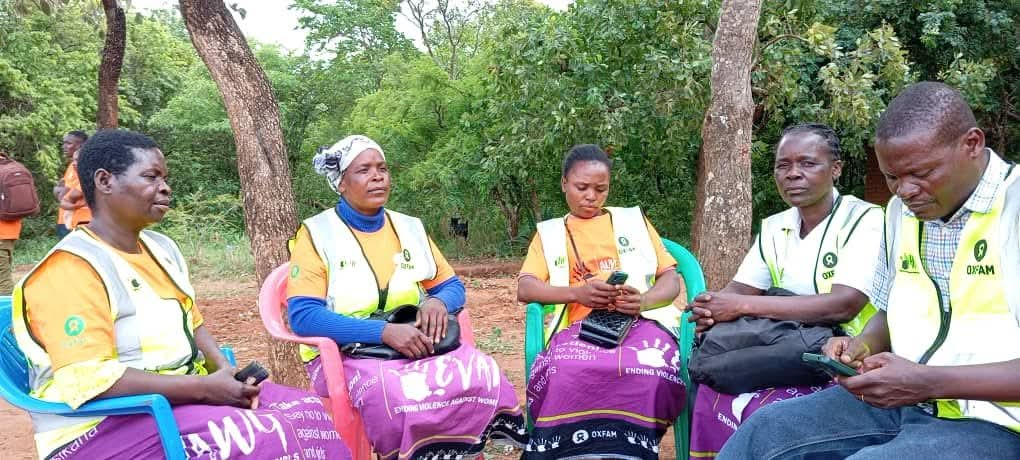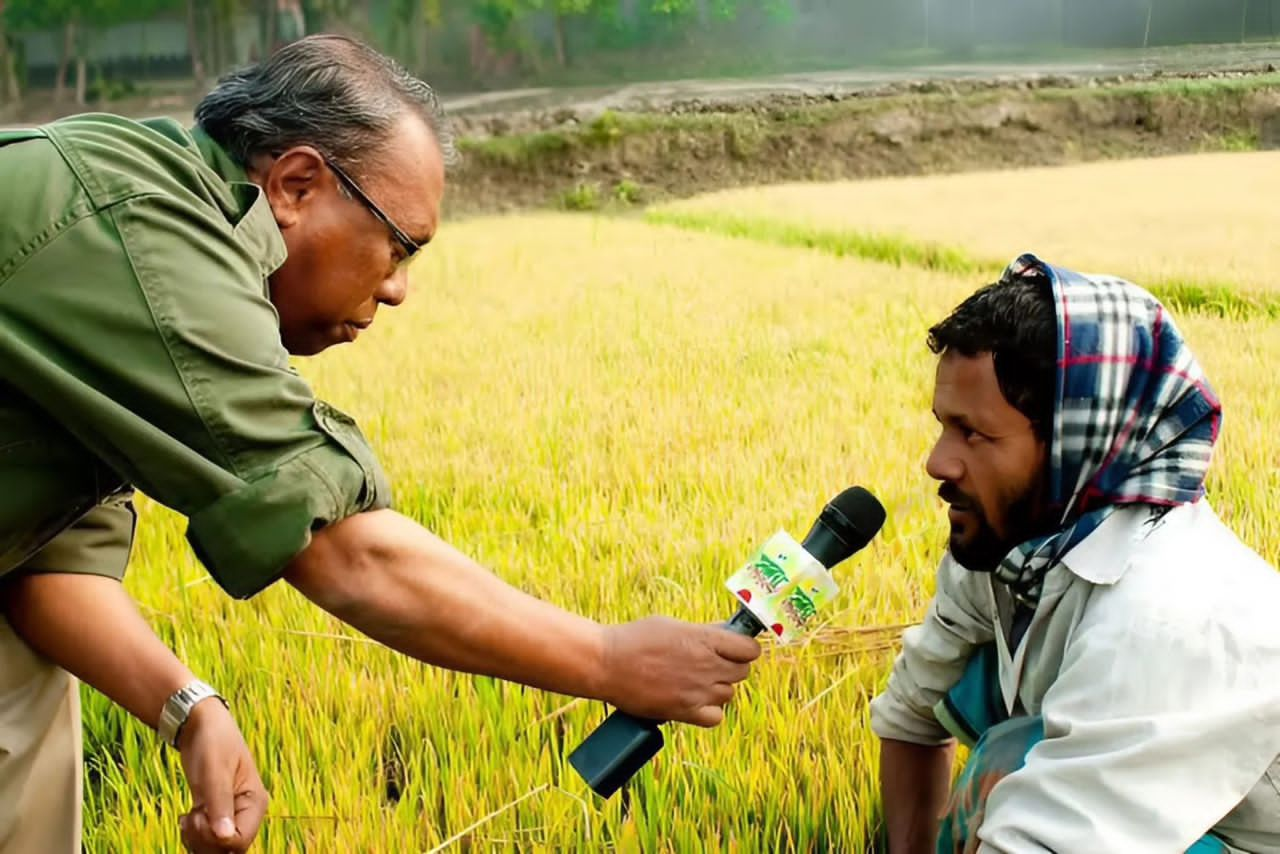By Burnett Munthali
The decision by Malawi’s secondary school teachers to delay their planned November 1 demonstrations signifies a cautious but hopeful turn toward addressing the systemic challenges facing the education sector. This pause for dialogue with the Parliamentary Committee on Education reflects an urgent need to find solutions to longstanding issues that, if unaddressed, could continue to erode the quality of education across the country.
The teachers’ grievances, which include low salaries, scarce resources, and substandard working conditions, are emblematic of the broader challenges that many in Malawi’s public sector experience. When the Secondary School Teachers Union (SESTU) wrote to the Ministry of Education in early October, their letter highlighted issues that have reached critical mass—teachers facing the impact of inflation without adequate salary adjustments and working under conditions that hinder effective teaching. These conditions have created widespread frustration and, if left unchecked, could lead to further unrest within the teaching community.
- Kamphangala assures MCP thieve for more arrests
- AFORD Withdraws from DPP Strongholds to Strengthen Blue Alliance in By-Elections
- Helal Commits to Empowering Muslim Communities
- Namaa Relief Expands Islamic and Humanitarian Outreach, Targets 25,000 Beneficiaries by 2029
- Mkuzi Banda Applauds Mutharika’s SONA, Says Speech Restores Public Confidence
By stepping in to mediate, the Parliamentary Committee on Education, led by Brainex Kaise, demonstrates a commendable commitment to understanding and addressing these issues. This engagement is crucial because it recognizes that teachers are not merely calling for higher wages but for a re-evaluation of how the government values the teaching profession and its role in Malawi’s future. As Kaise noted, resolving this issue demands a “national approach”—an acknowledgment that improving educational conditions will ultimately benefit the broader society.
The union’s willingness to engage in dialogue rather than immediate industrial action reflects a mature approach. SESTU president Pilirani Kapolo’s decision to defer the protests shows a preference for constructive discussion over confrontation. This decision allows Parliament the opportunity to work proactively, inviting stakeholders across the education sector to contribute to a solution. This strategy may foster a collaborative atmosphere that could yield long-term reforms rather than temporary fixes.
The possibility for meaningful change now depends on the government’s response. There is an opportunity here to address not only the teachers’ immediate demands but also to consider a structured approach to public sector compensation that aligns with inflation and living costs. If Parliament and the Ministry of Education can put forth a viable plan, they could help lay the foundation for a more equitable public sector where professionals, particularly educators, are fairly compensated and supported.
Civil Society Education Coalition (CSEC) Executive Director Benedicto Kondowe has emphasized that better conditions would lead to improved motivation among teachers, which is essential for the quality of education. His perspective underscores the importance of prioritizing teachers’ well-being for the sake of students and the educational system as a whole. In fact, a motivated teaching workforce is more likely to deliver quality education, which ultimately benefits the nation’s youth and future prosperity.
The outcome of these discussions could have a ripple effect, impacting not only secondary education but the broader structure of Malawi’s public service. By choosing dialogue over protest, the teachers have opened a window for reform, yet the onus now rests on the government to respond decisively. This process, if successful, may restore confidence among teachers and reaffirm the government’s commitment to its workforce, setting a positive precedent for addressing other public sector challenges in Malawi.




